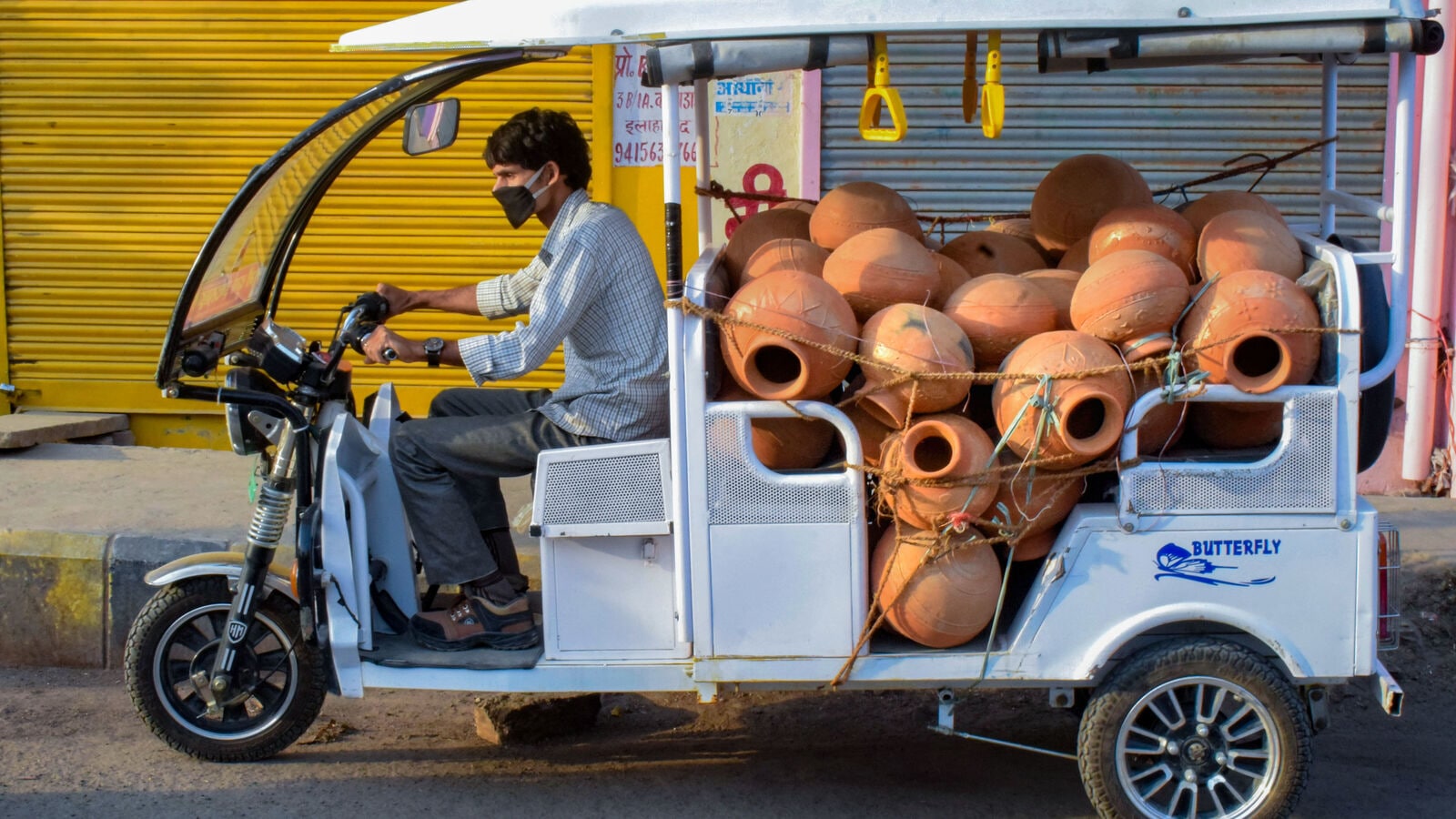- The new standards introduced by BIS for electric vehicles are specifically meant for e-rickshaws and e-karts.
The Bureau of Indian Standards (BIS) has introduced two new standards for electric vehicles in India, in an attempt to enhance the safety and quality of these vehicles. ANI has reported that the two new standards introduced to increase the safety and quality of electric vehicles are meant for the EVs in the L, M and N categories. The shift to electric mobility is extending beyond cars and trucks and e-rickshaws and e-karts are gaining popularity across India. The new standards have been reportedly introduced specifically for these vehicles.
The new standards, IS 18590: 2024 and IS 18606:2024, focus on the critical component of electric vehicles, the powertrain. In an official statement, BIS has claimed that these two new standards have been introduced to ensure that EV powertrains in India meet stringent safety requirements. Additionally, these standards emphasize the safety and performance of batteries, ensuring they are both powerful and secure.
Also Read : This electric car for auction is as old as Titanic, can still go up to 160 kms
The official statement from BIS further stated that these new standards cover various aspects, from construction to functionality, ensuring the safety of both EV drivers and passengers. With these new standards, BIS has claimed to raise the bar for electric vehicles. Now, the agency has a total of 30 different Indian Standards dedicated to electric vehicles and their accessories, including EV charging systems. The statement also said that these standards are crucial in driving the transition to a more sustainable, environmentally friendly, and efficient transportation system in the country.
Why new standards for electric vehicles?
With the number of electric vehicles rapidly rising in India across different segments, the safety of the battery packs and other components of the EVs has been gaining increasing importance. Adding fuel to these concerns were the multiple EV fire incidents that took place across various regions of India in the last few years. In many cases, it was found that the battery packs, faulty designs or incompetent thermal management systems of the respective electric vehicles were responsible for the fire incidents. This has propelled the BIS to introduce new standards to ensure that electric vehicles are safer than before.
First Published Date: 23 Jun 2024, 10:00 AM IST

